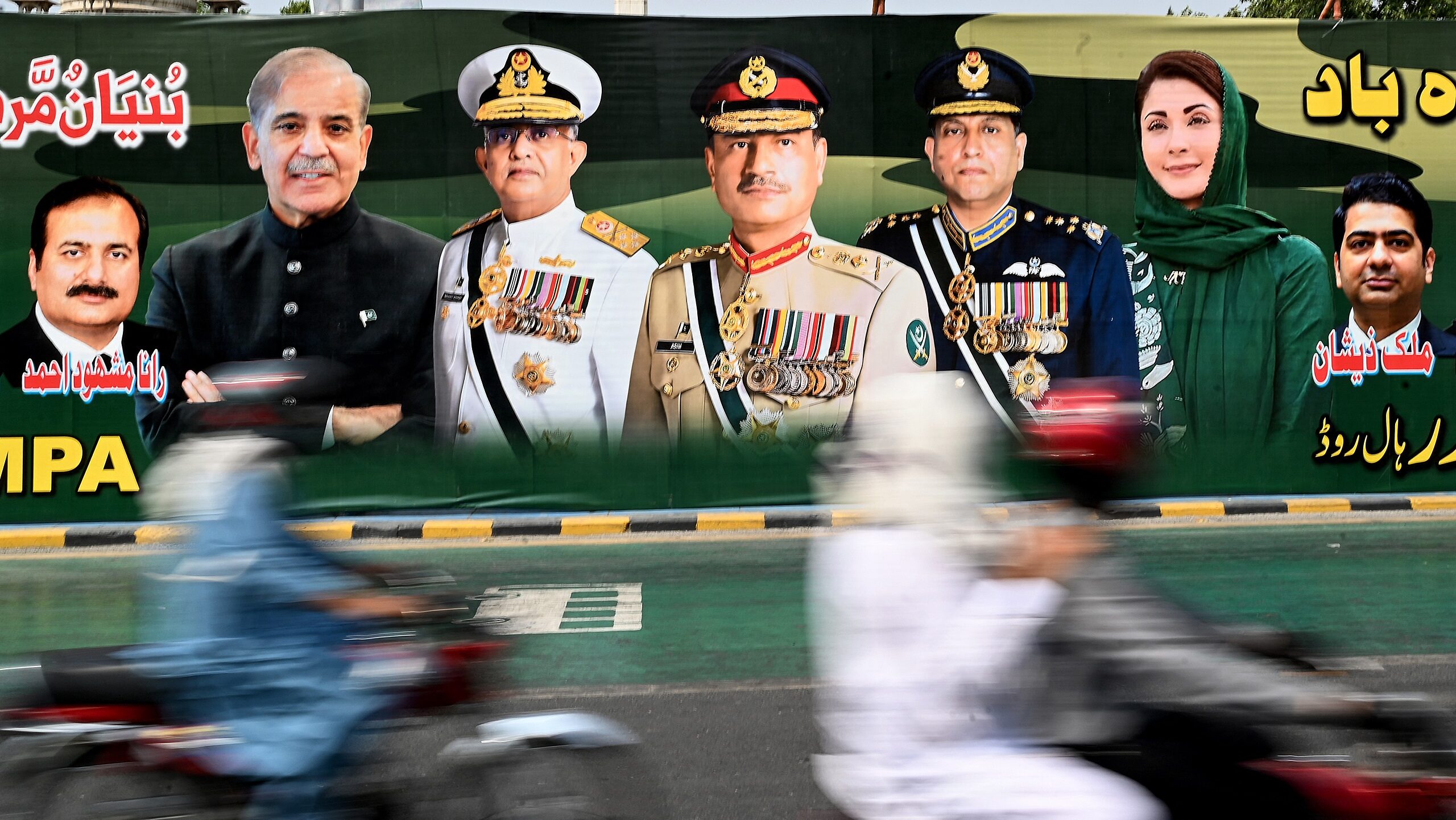Pakistan’s ‘Hot Pursuit’ Doctrine Tests Afghan Border Tensions
Pakistan’s military is signaling a shift in how it deals with cross-border threats. After a deadly suicide bombing on June 28 killed at least 13 soldiers in North Waziristan, the army responded with force—killing 30 Tehrik-i-Taliban Pakistan (TTP) fighters just days later, near the Afghan border. As The Media Line’s Arshad Mehmood reports, the strikes were part of a newly assertive “hot pursuit” doctrine, allowing troops to respond instantly—even across the border if necessary.
Pakistan’s army chief, Field Marshal Asim Munir, made it clear: “All facilitators, abettors, and perpetrators of terrorism will be relentlessly hunted down.” That response reflects growing frustration with Afghanistan’s Taliban government, which denies harboring anti-Pakistan groups, despite mounting evidence that TTP factions operate freely across the border.
Give the gift of hope
We practice what we preach:
accurate, fearless journalism. But we can't do it alone.
- On the ground in Gaza, Syria, Israel, Egypt, Pakistan, and more
- Our program trained more than 100 journalists
- Calling out fake news and reporting real facts
- On the ground in Gaza, Syria, Israel, Egypt, Pakistan, and more
- Our program trained more than 100 journalists
- Calling out fake news and reporting real facts
Join us.
Support The Media Line. Save democracy.
Analysts told Mehmood that this new posture could backfire, especially if Pakistani troops end up clashing with Taliban forces. There are also concerns that Islamabad’s reflexive use of force, without sustained political or development efforts, will deepen long-term instability in the tribal belt. “Kinetic operations… are undermined when not followed by long-term stabilization,” warned defense analyst Farzana Shah.
North Waziristan remains a flashpoint, long home to groups like the TTP, Haqqani Network, and Islamic State Khorasan Province. Its rugged terrain, weak infrastructure, and porous border make it a haven for fighters—and a nightmare for counterterrorism forces. Meanwhile, locals face curfews, poverty, and displacement.
Pakistan’s interior minister has pledged a new command center and thousands of police recruits, but the question remains: Can Pakistan secure its frontier without sparking a broader conflict? For a deeper dive into the stakes, strategy, and shifting alliances, read Arshad Mehmood’s full report.



